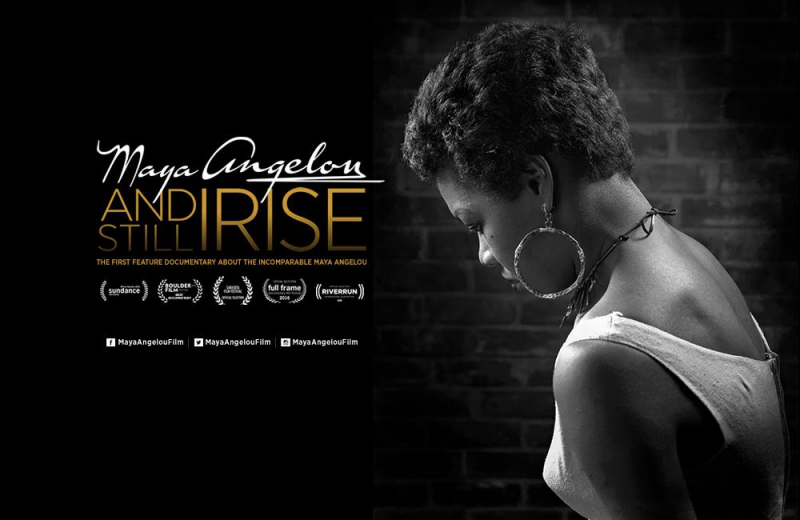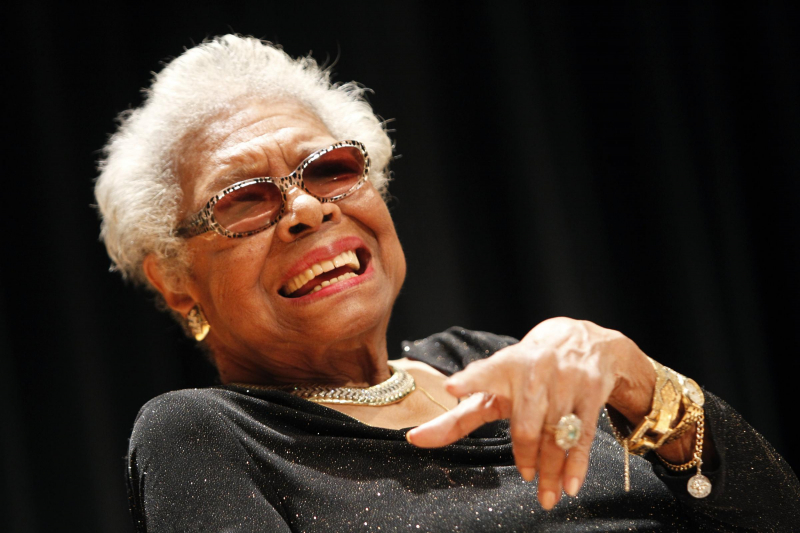Still I rise
African American author Maya Angelou is best known for her poetry and seven autobiographies. She was a prolific poet who wrote poetry on a wide range of subjects, including racism, prejudice against women, music, love, and sorrow. Black women's response to society's perceptions is expressed in this poem. Black women are "de mule uh de globe," or "the mule of the world," to paraphrase another black author, Zora Neale Hurston, who said it in "Their Eyes Were Watching God." Despite the extreme brutality and disrespect they endure, black women like Hurston, Angelou, and others continue to fight against injustice. It is a resolute declaration of tenacity and assurance.
The poem is divided into quatrains, which are four-line stanzas, however the regularity of the form is abandoned after the seventh line. The poet's freedom is shown by the eighth and ninth stanzas' respective lengths of six and nine lines. I rise is repeated often as a statement of liberation. The ABCB rhyme scheme is dropped, resulting in the ABABCC rhyme scheme in verse 8 and the ABABCCBBB rhyme scheme in stanza 9. In the final two stanzas, she also dispenses with the conventional metrical beat. The poet has complete discretion.
The poet addresses the reader or listener as "you" in the first person singular. The language is informal with lyrical snatches, and the tone is strong and confrontational. The poem is comparable to the lyrics of the Peggy Lee song "I'm a Woman" in its defiance and assertion of authority. Lee confronts the conventional source of power—white men—despite the fact that she is white and limits her declaration of strength to a woman's domain—her house, her sex life, and motherhood. She is not the small, helpless woman who conforms to male stereotypes. At the conclusion, she adds a subtle insult: "I can make a dress out of a feed bag, and I can make a man out of you!" In its time her attitude was revolutionary, as is Angelou’s.
Poet: Maya Angelou
Published: 1978












